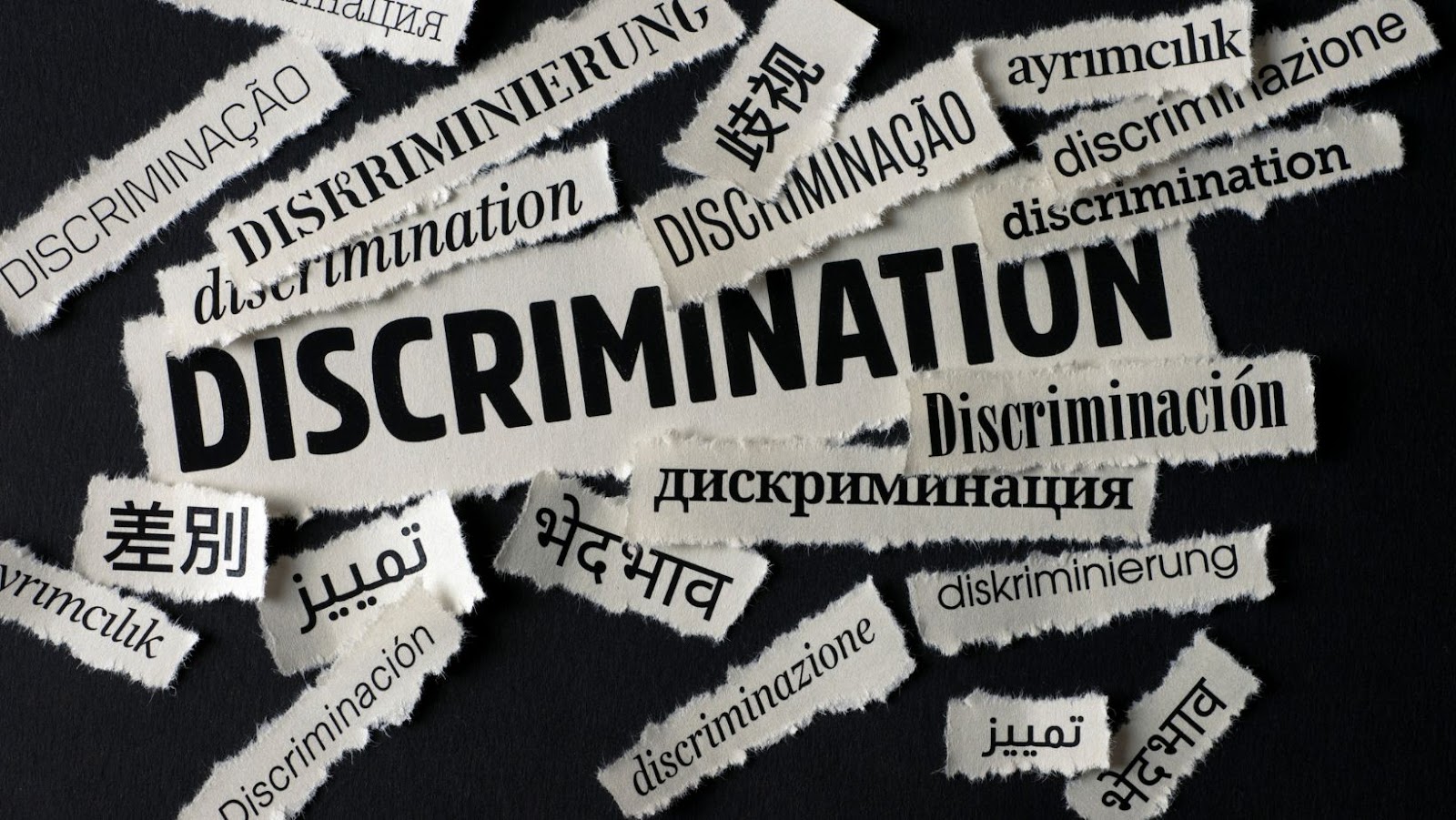

This article will outline the steps you can take to protect yourself if you report workplace discrimination in both the US and Australia. We will cover the legal protections available to you, the steps you can take to ensure that you are protected while making a complaint, and the resources available to help you.
What is Workplace Discrimination?
Workplace discrimination is defined as treating someone unfavorably because of their protected characteristics, such as race, gender, age, religion, disability, or sexual orientation. Discrimination can take many forms, including:
● Pay discrimination
● Harassment
● Retaliation for reporting discrimination
● Unfair treatment in hiring, promotion, or job assignments
In the US, the Equal Employment Opportunity Commission (EEOC) enforces federal laws that protect individuals from workplace discrimination. On the other hand, the Fair Work Commission (FWC) is responsible for enforcing anti-discrimination laws in Australia.
Legal Protections
Employees who report workplace discrimination are protected by laws in both the US and Australia. In the US, the Equal Employment Opportunity Commission (EEOC) enforces federal laws that prohibit workplace discrimination, such as Title VII of the Civil Rights Act of 1964, the Age Discrimination in Employment Act, and the Americans with Disabilities Act. Similarly, in Australia, discrimination is prohibited under the Equal Opportunity for Women in the Workplace Act 1999 and the Racial Discrimination Act 1975.

It is important to note that under both US and Australian law, employers are not allowed to retaliate against employees who report discrimination. Retaliation can take various forms, such as termination, demotion, reduction in work hours, or any other adverse employment action if you suspect that you have been retaliated against for reporting discrimination.
Steps to Ensure Protection
If you decide to report discrimination, there are steps you can take to ensure that you are protected from retaliation. The following are some steps you can take:
● Keep a record of the discrimination: It is essential to document any instances of discrimination that you have experienced. Make a note of the date, time, location, and any witnesses. If possible, keep copies of any relevant documents or emails.
● Follow your employer’s complaint procedure: Most employers have a complaint procedure in place for reporting discrimination. It is essential to follow this procedure as closely as possible. If you are not sure what the procedure is, ask your employer or human resources department.
● Seek support: It can be challenging to report discrimination, and it is essential to seek support from family, friends, or a professional counselor. You can also seek support from an employee assistance program or a trade union if you are a member.
● Consult with employment lawyers: If you are unsure about your legal rights or need assistance in navigating the legal system, you should seek the advice of employment lawyers. They can help you understand your legal rights and options.

Discrimination in the workplace is an unfortunate reality for many individuals. However, there are laws in place that protect individuals who report discrimination. If you experience discrimination or retaliation, it is important to report it to your employer and seek legal help if necessary. By taking action, you can help to create a safer and more inclusive workplace for everyone.










